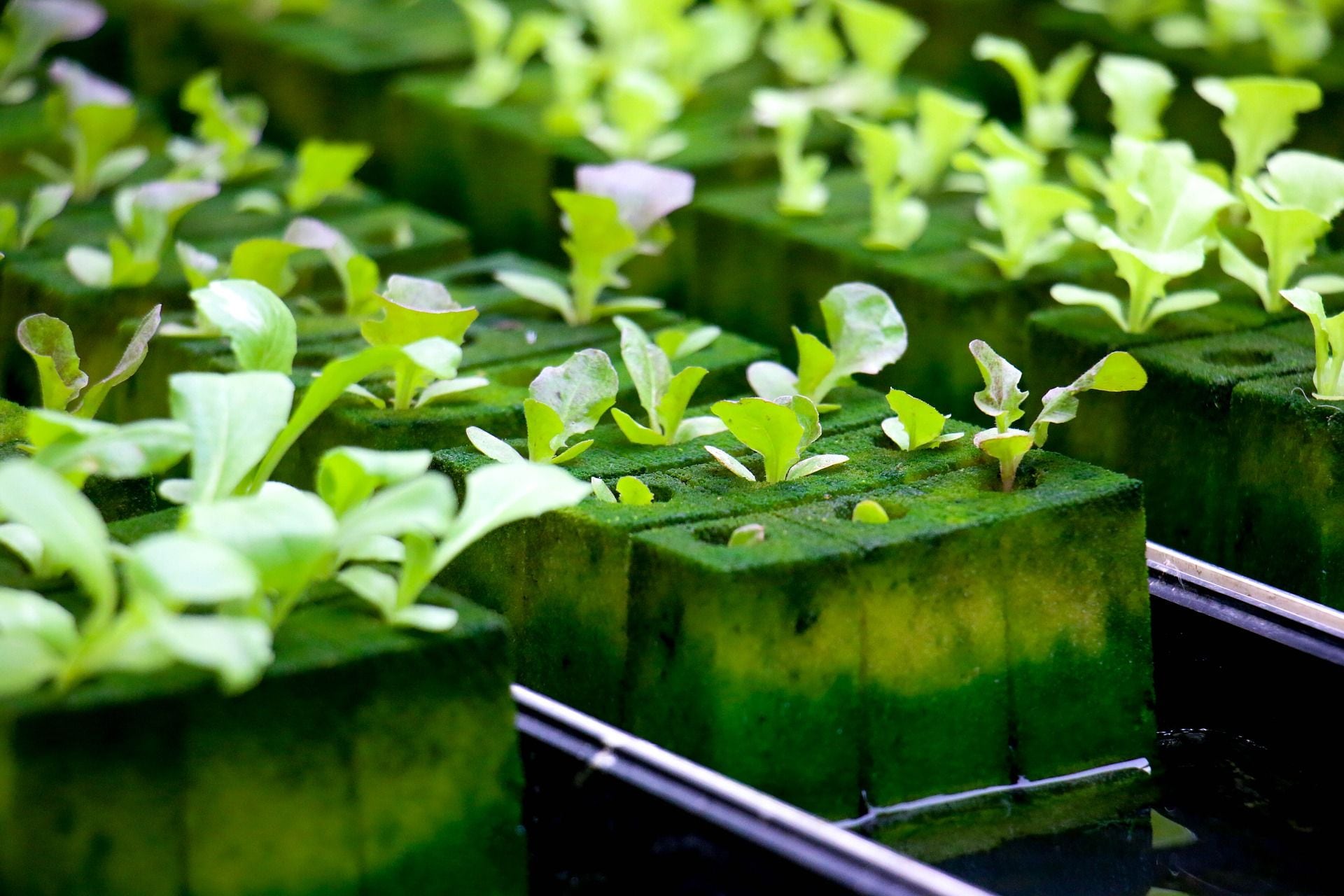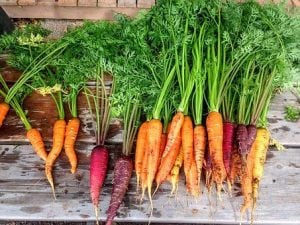The trend for urban dwellers to include farm-fresh produce, seasonal fruits and vegetables on our regular diet might have started from the shelves of Nature’s Basket or Foodhall, but for several top chefs working with established restaurants in the country, sourcing chemical-free ingredients is only one side to a whole new ballgame.
No longer are they only concerned about sourcing chemical-free produce, but they are now keener on their share of responsibility towards the environment and are eager to promote the idea of sustainability as well as health. Sustainability in the kitchen can be viewed as a broader term, which isn’t restricted to a few ‘organic’ food items, which are in most parts of the country, imported from elsewhere. These chefs, the changemakers in the culinary game, are seeking to engage in fruitful business with local communities and farmers.
What the fuss?
The Indian soil has been exposed enough to severe chemical treatments since the Green Revolution. Technically, except for a few parts in the North East, it is actually not possible to produce certified organic crops. What we get in most metro cities are near to ‘chemical-free’, which are not fully organic. However, the point is that most of the time, to fulfill the demands of establishments, farmers tend to grow non-native and non-seasonal crops and vegetables to survive in the business. What has to change is the chefs’ attitude who shouldn’t give in to these demands and take a stand as responsible citizens towards a greener, more sustainable community.
Who are the changemakers?
Several Indian chefs have started feeling the urge to make a conscious effort to promote local produce and support small-scale farmers and do their bit to put up a resistance against climate change.
Le Cordon Bleu alumnus Vanshika Bhatia of Together at 12th in Le Meridien Gurgaon believes, the term ‘Farm to Fork’ isn’t fresh, but the way it is being used is entirely subjective.

“Working backwards is the right way now. Instead of telling the farmers what you need for your menu, ask them what they are growing which is seasonal, biodiverse and good for the soil. This is how I have started designing the menus and designing my balcony kitchen garden,” said Vanshika.
Chef Megha Kohli, head chef at Lavaash By Saby, believes in a similar philosophy. The café has been opened with the idea of serving Kolkata-Armenian cuisine with a strong focus on regional cuisines. She sources lesser-known ingredients like Nolen-Gur (palm jaggery), Kalimpong cheese, smoked Bandel cheese, amaranth pops, mahua berries and many more from places around the eastern part where these are native.
“I am proud to run a restaurant where we have a menu that changes every season – summer, monsoon and winter – and each menu is a celebration of the produce of the season,” said Megha at a recent event.
Not just restaurants, even star hotels are following suit. Clarks Amer in Jaipur takes pride in sourcing most ingredients of the kitchen from their own farm. To promote the initiative, they have been organising a Farmers’ Market on Sundays where local farmers sell their produce to the guests. At Clarks Amer, Zolocrust, the Italian bistro, has a menu entirely created on microgreens and herbs produced in the hotel’s own farms. The initiative is executed to make the guests feel connected to their food and make them realise the need to support local communities.
Saying no to imports
Chef Vanshika Bhatia believes that India is a treasure hub of ingredients. Looking inwards also drastically reduces the carbon footprint left after multiple cargo imports. “I have nothing against a good imported olive oil, chocolate or cheese. But I choose to look inwards first. Our country is vast with a lot of different climates so it’s extremely possible that we have cheese as good as France, coffee is good as South America and as a fact we get good olive oil from Rajasthan in India,” said Vanshika.
Saying yes to farmers
It is important to effectively communicate with farmers around us, and equally imperative to understand things from their perspective. While most restaurants would use independent research to create a menu, Bhatia would rather discuss with the farmers before launching a new menu.
 “I discuss what is growing with which plant, what herb/weed is around a certain crop, do bees and livestock like that crop, understand the chemical composition of that plant and what family it belongs to, before actually forming a new dish.”
“I discuss what is growing with which plant, what herb/weed is around a certain crop, do bees and livestock like that crop, understand the chemical composition of that plant and what family it belongs to, before actually forming a new dish.”
“Sometimes the farmer comes to me with ancient crops such as gehat lentil, navrangi lentil, collard greens asking me to experiment with it and use it because they want to revive that particular crop since growing those would be amazing for soil regeneration and make their farms biodiverse.”
The Zero Waste Theory
Together at 12th being a new restaurant, Chef Vanshika has developed the supply chain from the very beginning in a way that her suppliers are small-scale farmers who can only supply seasonal, chemical-free ingredients. Though this process calls for a little more expense, but this, in fact, largely reduces waste.
She says, “This directly connects us to zero wastage because we deal with small scale chemical-free farmers, their produce is slightly more expensive. The team understands the importance of not wasting on a primary level as I make sure they know how much a carrot or an onion costs us.”

Our country still has a long way to go, but these gigantic and bold initiatives by Indian chefs are putting our sustainable hotel kitchens on the global map, with a conscious effort to reduce carbon footprint and by turning local. Sustainability is not a casual word to throw around at all. In the food business, it is about finding ways of sourcing and providing food that will suffice and support our own community, the future generations, and have less of an impact on the environment.
Sayantani Chakrabarty explores cuisine, culture, and geography with an honest fervour.







